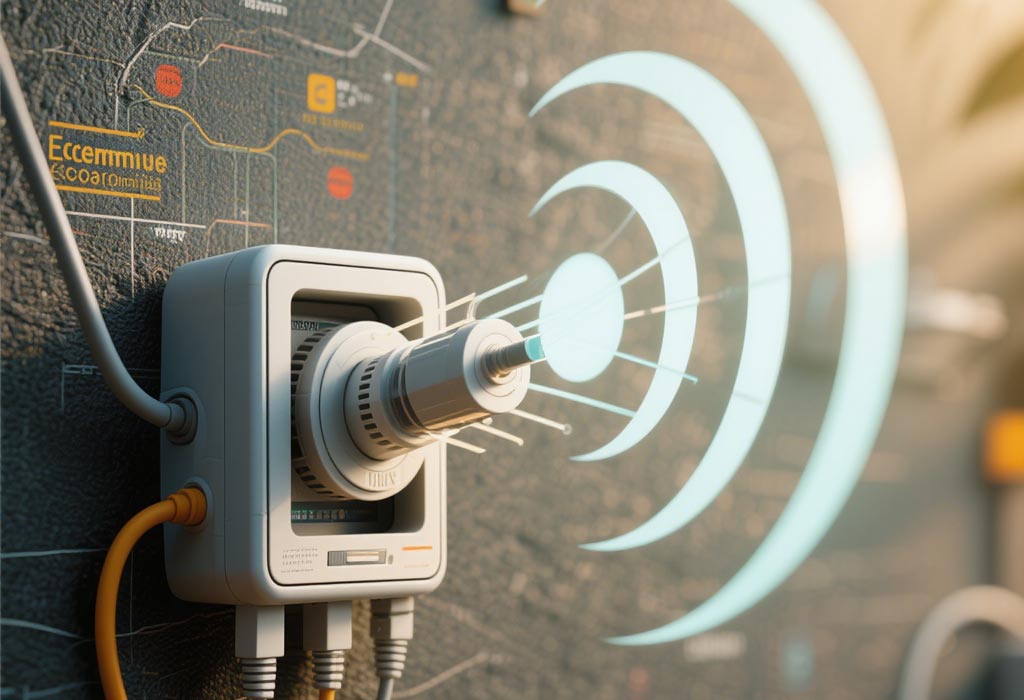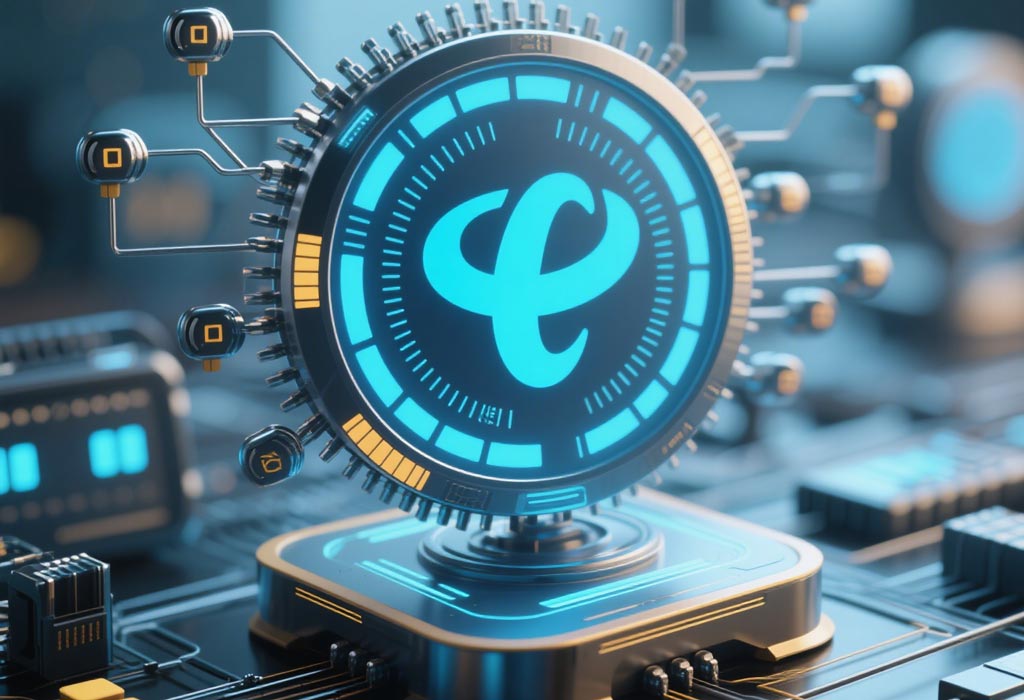In a world grappling with educational inequality and rapid technological change, video games are emerging as powerful tools for reimagining learning. From coding tutorials in Minecraft to virtual chemistry labs in Roblox, the gaming industry is bridging the gap between play and pedagogy. This article explores how interactive digital experiences are revolutionizing education, breaking down barriers to knowledge, and preparing learners for an AI-driven future.
1. The Rise of Edutainment: Games as Learning Engines
Gamification—the integration of game mechanics into non-gaming contexts—has transformed traditional classrooms into dynamic, participatory environments.
Data-Driven Success:
- Duolingo, the language-learning app with gamified elements, has 500 million users who collectively spend 34 million hours studying daily.
- Minecraft: Education Edition: Used in 115,000 schools globally, it teaches coding, history, and teamwork through collaborative building projects.
Neuroeducation Breakthroughs:
- Cognition VR’s brain-training games improve memory retention by 40% in Alzheimer’s patients, according to a 2024 Nature study.
- Adaptive Learning Algorithms: Platforms like Khan Academy Kids use AI to personalize math and reading lessons for children aged 2–8.
2. VR/AR: Immersive Learning Without Boundaries
Virtual and augmented reality are enabling students to explore ancient civilizations, dissect virtual cadavers, and even travel to Mars—all from their classrooms.
Medical Training Revolution:
- Osso VR’s surgical simulation platform trains 10,000+ surgeons annually, reducing errors by 65% in real operating rooms.
- NASA’s Mars Rover VR: Allows students to remotely control a rover on Mars, fostering STEM interest in underserved communities.
Cultural Preservation:
- Project Tango reconstructs Mayan temples in AR, while Google Arts & Culture’s Expeditions app offers 3D tours of global landmarks.
3. Games for Social-Emotional Learning (SEL)
Interactive narratives are teaching empathy, resilience, and conflict resolution in ways textbooks cannot.
Empathy-Building Titles:
- 1979 Revolution: Black Friday immerses players in the Iranian Revolution, while That Dragon, Cancer explores grief and family dynamics.
- Conflict Resolution Simulations: Peacemaker teaches negotiation skills by casting players as Middle East leaders, with 85% of users reporting improved diplomacy abilities.
Mental Health Integration:
- A Monster’s Expedition helps players practice mindfulness, while Depression Quest raises awareness about mental health struggles.
4. Gaming and Career Readiness: Bridging the Skills Gap
As automation reshapes the job market, games are preparing learners for in-demand careers in coding, cybersecurity, and AI.
Gaming-to-Career Pipelines:
- CodeCombat teaches Python and JavaScript through dungeon-crawling gameplay, with 20% of users securing tech internships.
- Cybersecurity Simulations: Hacker Typer and Splinter Cell: Blacklist’s “CTOS” system train ethical hackers in penetration testing.
Industrial VR Training:
- Siemens uses VR Factory to simulate factory floor scenarios, reducing onboarding time for new employees by 50%.
5. Challenges and Controversies in Educational Gaming
While promising, the integration of games into education raises critical questions about equity, effectiveness, and ethics.
Digital Divide:
- Only 42% of schools in low-income countries have reliable internet access, limiting access to online learning games.
- Cost Barriers: VR headsets and high-end gaming PCs remain unaffordable for many students.
Assessment Dilemmas:
- Quantifying “soft skills” like creativity and collaboration remains challenging. The EDC’s Game Scoring Rubric offers a framework but lacks universal adoption.
Addiction Risks:
- Overuse of competitive learning games like Quizlet Live has led to burnout in some students, mirroring issues in mainstream gaming.
6. The Future of Learning: Metaverse Universities and AI Tutors
Emerging technologies are poised to create borderless, lifelong learning ecosystems.
Metaverse Classrooms:
- Decentraland University offers accredited degrees in virtual reality, with courses taught by professors from MIT and Oxford.
- AI-Powered Tutors: ELSA Speak uses voice recognition to coach English pronunciation, while Cognii provides personalized feedback on essay writing.
Blockchain for Credentials:
- Sora Protocol allows learners to earn NFT certifications for completing game-based courses, verified on the blockchain.
Conclusion: Gaming as the Ultimate Learning Catalyst
From kindergarten classrooms to corporate boardrooms, games are proving to be humanity’s most versatile educational tool. As we embrace VR metaverses and AI-driven personalization, the future of learning lies not in rigid curricula, but in adaptive, immersive experiences that ignite curiosity and empower learners to shape their own paths. The true revolution, however, will come when gaming’s potential is accessible to every student—regardless of geography or socioeconomic status.

















